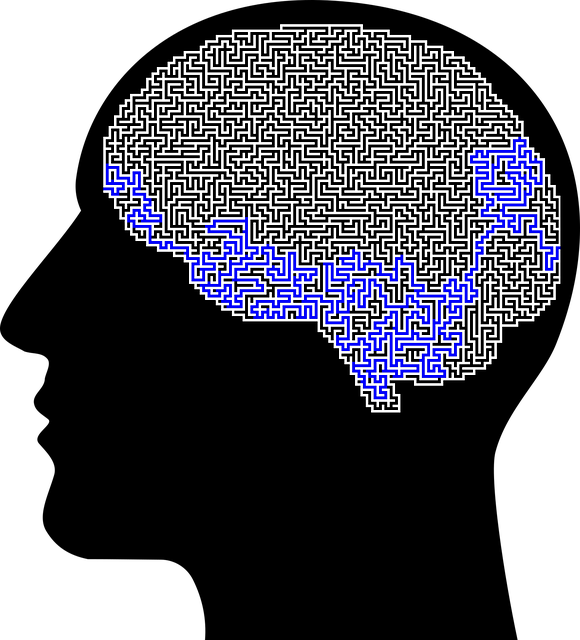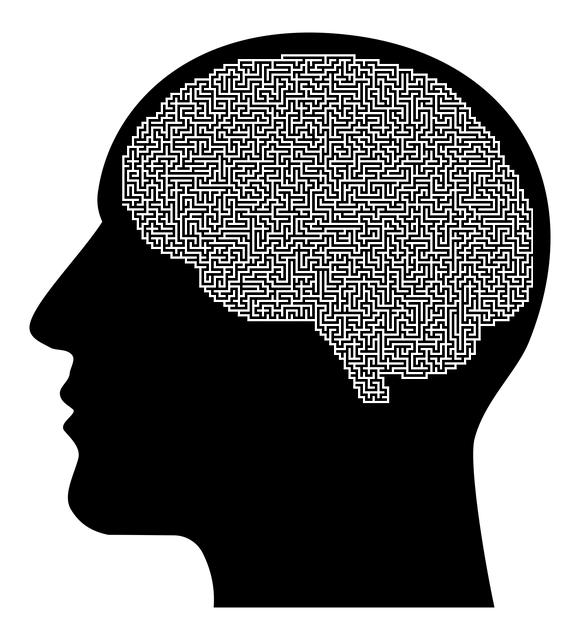Castle Rock Independent Medical Evaluations Therapy (CRIME) offers a unique, holistic approach to mental health using the Resilience and Fitness Model (RFM). This model emphasizes interconnected physical, emotional, and social well-being. CRIME assesses and tailors interventions focusing on resourcefulness, flexibility, and mastery, utilizing practices like Compassion Cultivation and Positive Thinking. Through structured yet personalized resilience exercises, individuals gain effective stress coping mechanisms, purpose, and fulfillment despite adversity.
“Resilience is a critical component of mental well-being, especially in navigating life’s challenges. This article explores the powerful combination of RFM (Resourceful Fronting and Mindfulness) and resilience-building exercises. We’ll delve into how these practices can foster adaptability and emotional strength.
The step-by-step guide provides a practical framework for implementation, while case studies highlight Castle Rock Independent Medical Evaluations Therapy’s success in empowering individuals. Discover how these techniques transform lives, offering valuable tools to enhance resilience.”
- Understanding RFM and Its Role in Resilience Building
- Implementing Resilience Exercises: A Step-by-Step Guide
- Case Studies: Castle Rock Independent Medical Evaluations Therapy in Action
Understanding RFM and Its Role in Resilience Building

Resilience is a critical component of mental health, enabling individuals to navigate life’s challenges and adapt to change. The Resilience and Fitness Model (RFM) offers a structured framework for building this resilience. At its core, RFM emphasizes the interplay between physical, emotional, and social well-being. By assessing an individual’s Resourcefulness, Flexibility, and Mastery in various aspects of life, Castle Rock Independent Medical Evaluations Therapy can tailor interventions to foster resilience.
This model goes beyond traditional therapy approaches by integrating practices like Compassion Cultivation and Positive Thinking into the design of mental health education programs. These strategies not only enhance one’s ability to cope with stress but also promote a sense of purpose and meaning, further strengthening an individual’s resilience. Ultimately, understanding and implementing RFM can empower individuals to lead more fulfilling lives, even in the face of adversity.
Implementing Resilience Exercises: A Step-by-Step Guide

Implementing resilience exercises is a transformative process that can significantly enhance an individual’s ability to navigate life’s challenges. Here’s a step-by-step guide to help integrate these practices into your routine, inspired by the principles of Castle Rock Independent Medical Evaluations and Therapy.
Start by identifying areas in your life where you’d like to build resilience, such as stress management or emotional regulation. Next, choose exercises tailored to your needs; this could include mindfulness meditation, cognitive reframing techniques, or even physical activities like yoga or hiking. Begin with simple, manageable practices and gradually increase their intensity. Incorporate these exercises into a consistent routine; consider setting aside dedicated time each day or week. Regularity is key to forming new habits and reaping the benefits for mental wellness. Engage in these activities mindfully, focusing on your senses and experiences without judgment. Remember, resilience building is a personal journey, so track your progress, reflect on your experiences, and adjust your approach as needed.
Case Studies: Castle Rock Independent Medical Evaluations Therapy in Action

Castle Rock Independent Medical Evaluations (CRIME) Therapy stands out as a compelling case study in the effective implementation of resilience-building exercises within mental health treatment. CRIME focuses on empowering individuals to navigate life’s challenges by fostering psychological agility and emotional endurance. Through tailored assessments, their therapy programs identify unique barriers and strengths, enabling personalized interventions. This approach has shown remarkable results in enhancing clients’ coping mechanisms and overall mental wellness.
The success of CRIME can be attributed to its holistic strategy, seamlessly integrating risk management planning for mental health professionals with public awareness campaigns on mental health. By promoting open dialogue and accessible support systems, they create an environment conducive to resilience development. Moreover, their therapy sessions often incorporate practical strategies from Mental Wellness Coaching Programs, equipping individuals with the tools to manage stress, overcome adversity, and thrive in various settings.
The implementation of RFM (Resilience, Flexibility, and Mastery) principles and resilience-building exercises offers a powerful framework for enhancing mental and emotional well-being. As demonstrated by Castle Rock Independent Medical Evaluations Therapy’s successful case studies, these strategies can significantly improve individuals’ ability to navigate life’s challenges. By following the step-by-step guide provided, professionals and practitioners can effectively integrate resilience-focused activities into their practices, empowering clients to build a stronger, more resilient mindset. This approach holds promise for various settings, from clinical therapy to organizational development, as it fosters adaptability, coping mechanisms, and overall resilience in individuals facing adversity.










